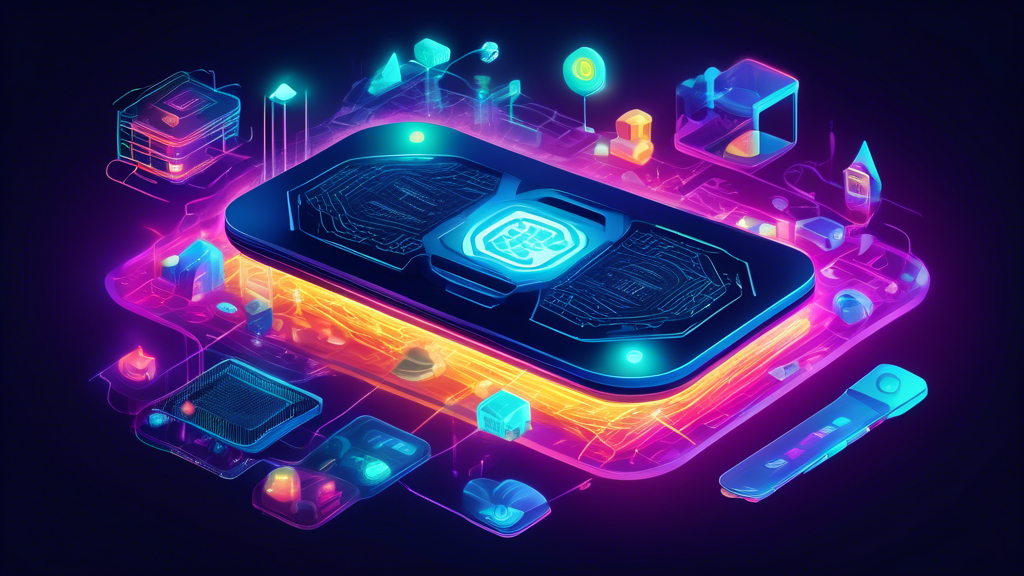| Key Takeaways |
|
Introduction to GPUs
Graphics Processing Units, or GPUs, are essential components in modern computers, especially for those who demand high performance in video games, graphic design, and video editing. But their usefulness extends far beyond just rendering beautiful visuals on your screen. In this article, we will delve into the functions of GPUs and explore their various applications, helping you understand why they have become a critical piece of technology in many fields.
What Are GPUs and How Do They Work?
Originally designed to accelerate the rendering of 3D graphics and images, GPUs have evolved into highly efficient processors capable of handling thousands of operations simultaneously. This makes them incredibly effective not only for creating and manipulating computer graphics but for a variety of tasks that require parallel processing power.
Functions of GPUs
In the most basic sense, GPUs take data from the CPU and transform it into visuals. This process involves a lot of calculations, particularly when rendering high-resolution video and complex 3D scenes. Unlike CPUs, which are designed to handle a wide range of tasks sequentially, GPUs are composed of hundreds or even thousands of smaller cores specifically designed for multi-tasking. This architecture allows them to perform numerous calculations at once, dramatically speeding up image processing and rendering tasks.
Applications of GPUs
While gaming might be what comes to mind first when you think of GPUs, they are critical in many other areas:
- Professional Graphics Work: For graphic designers, video editors, and digital artists, a robust GPU means quicker rendering times for high-resolution images and videos, making their workflow more efficient.
- Scientific Research: Scientists utilize GPUs for complex simulations and calculations in fields such as astrophysics, bioinformatics, and climate modeling, where traditional CPUs would take considerably longer to process data.
- Artificial Intelligence and Machine Learning: The ability of GPUs to process many tasks simultaneously makes them perfect for training AI models and running machine learning algorithms, significantly reducing the time it takes to develop and refine these technologies.
GPUs in Everyday Life
For the average consumer, GPUs enhance the visual experience on computers and smartphones, making games more immersive, movies more vivid, and the overall user interface snappier and more responsive. As technology advances, the importance of GPUs in supporting the ever-growing demand for high-quality digital content and real-time processing capabilities only increases.
Choosing the Right GPU
When selecting a GPU, consider what tasks you will primarily use it for. Gamers and creative professionals might prioritize different features, such as the number of processing cores, memory capacity, and power consumption. Meanwhile, for those simply looking for an enhanced multimedia experience on their computer or mobile device, a mid-range GPU might suffice.
Conclusion
Understanding the functions and applications of GPUs reveals their significance beyond just gaming. Their ability to process multiple tasks simultaneously has made them indispensable in various fields, including professional design, scientific research, and, increasingly, artificial intelligence. As technology evolves, the role of GPUs is set to become even more central, influencing not just the way we work but also how we interact with the digital world.
Shop All Products
